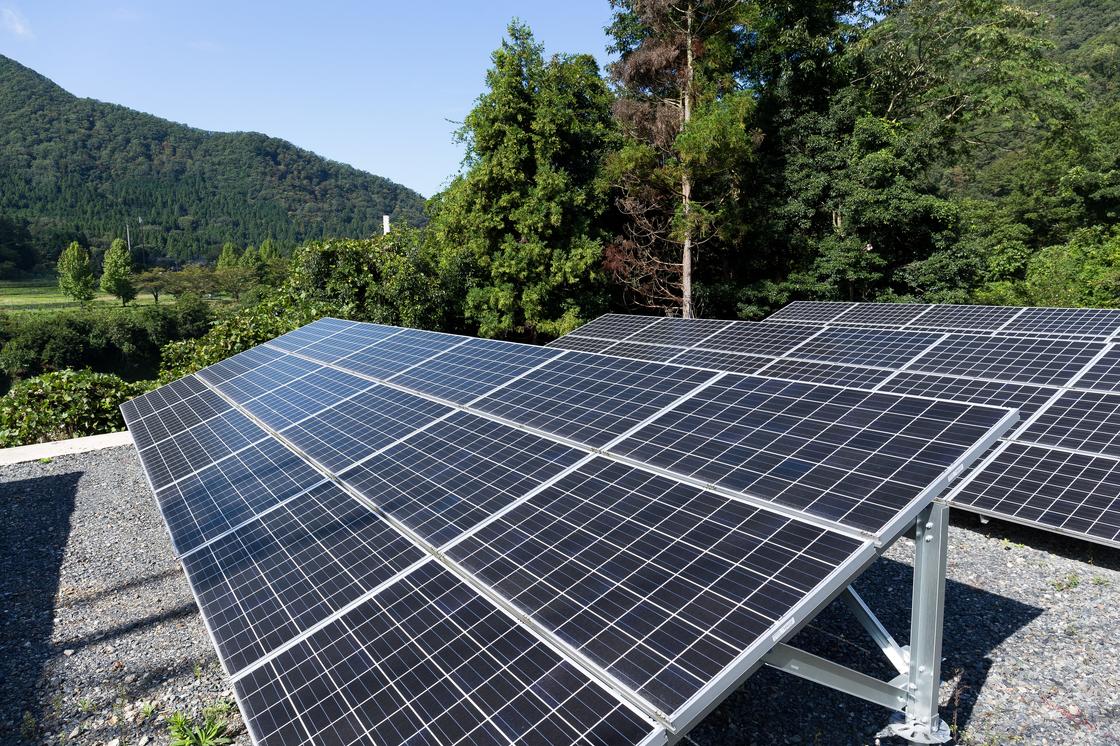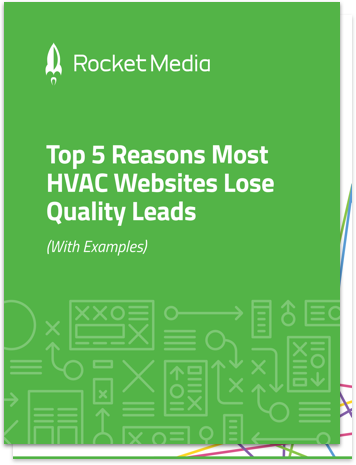Best SEO Strategies for Solar Marketing
on September 12, 2022
Marketing plays a vital role in how you communicate your company’s value proposition, clarify customers' needs, and then meet them where they are. This is all the more true for solar businesses, which are currently seeing an uptick in demand from customers switching to renewable energy.
As solar technology becomes more affordable, you might be wondering how to compete against a growing marketplace of solar installers. One of the best ways to accomplish this is with an effective Search Engine Optimization (SEO) strategy. You’ll attract more organic traffic, get better quality leads, and ultimately close more deals.
To help you prepare a strong plan of action, let’s review our top five SEO strategies for solar marketing:
- Set up a Google Business Profile & local listings management
- Expand content on your service pages
- Create a blog with author blocks
- Include more multimedia on your website
- Update your website’s page load time
Implementing SEO strategies takes work and dedication, but don't let the overwhelm get to you. Work on one thing at a time, or…
Hire the marketing professionals Rocket Media.
Our team of SEO specialists know precisely how to develop and implement high-performance campaigns that can help grow your solar business. To schedule a free, no-obligation 30-minute consultation, click below or call us at (800) 339-7305 today.
Set Up a Google Business Profile & Local Listings Management
Google Business Profile
When your car's “change oil light” flashes on your dash, what do you do? Chances are, you turn to Google to find an auto shop to change your oil. Your solar customers are most likely doing the same.
A Google Business Profile (GBP) page acts as a forefront to your website and is often the first thing that people see when they search for your services. In fact, a Google Business Profile has been known to refer 40 to 70% of organic traffic to your website!
To take full advantage, you'll want to fill in every section of your profile and be meticulous about your contact information. You'll also want a stellar business description that includes your location and other necessary information, such as whether or not you offer a free solar estimate or financing assistance. Once you get your GBP set up, maintain it by posting regular photos and responding to questions and messages.
To learn more, check out our blog, How Can I Use Google My Business to Market My Solar Business?
Local Listings Management
Aside from a Google Business Profile, more and more people are searching for solar installers on platforms like Yelp, Facebook, Apple Maps, and Bing Places. Solar is still a relatively young industry, and consumers are keen to see photos and reviews from satisfied customers.
For this reason, it’s crucial that you keep your local listings updated with the right contact information, hours of operation, photos, and responses to reviewers. Not only will you maintain a trustworthy presence with customers, but these listings will help your website rank higher in search engines by providing natural backlinks, which is why it’s such an effective SEO strategy.
To learn more, check out our blog, Why Should I Care About My Company’s Local Business Listings?
Expand Content on Your Service Pages
Your website can be your best salesperson, but only if your service pages have content that attracts, informs, and converts potential leads. This is especially true for solar businesses, which carry the extra burden of explaining ROI to customers that might be skeptical about going solar.
To expand content on your service pages, make sure to:
- Clarify your customer's pain points (e.g. high electricity bills)
- Share testimonials and case studies (e.g. “This customer saved $X/mo by switching to solar”)
- Providing specifics about your services (e.g. free in-home estimate, installation timelines, etc.)
At all costs, avoid keyword stuffing. Strike the perfect balance with well-researched keywords written in a useful way. Aim to educate and inform your reader about why they should go solar.
When you understand where your customers are coming from, you can speak to their needs more authentically. This in turn builds trust and sets the stage for more appointments and sales.
Create a Blog with Author Blocks
Hosting valuable, well-written content on your website will not only help you rank, but it also helps you build authority as an expert. The more your audience sees you as “the” solar expert in your area, the more they will go to you for advice, and eventually, service.
To achieve this, we recommend creating a blog with posts that answer common questions that people have about going solar. For example, you might write content on topics like, “How many solar panels do I need?” “What’s the average pay-back period for solar panels?” or “Do I need a battery with my solar panels?” Not only will you save time answering common questions, but you’ll also provide space for calls to action, with direct links to book a solar estimate.
Additionally, make sure that each blog post contains an “Author block” at the bottom, with your profile picture, name, and a brief bio. Include your credentials while throwing in a few personal facts. This helps make you approachable and builds rapport with your readers.
To learn more, check out our blog, How Will a Blog Help My Website’s SEO and Search Ranking?
Include More Multimedia on Your Website

While solar technology may be exciting to some, the layman who’s simply interested in reducing their electricity bills might need a little more pizzazz to keep their attention.
To encourage longer visits to your site, we recommend adding high-quality photos, infographics, and videos. Not only is multimedia more visually appealing, but it also helps your site rank better on Google and other search engines.
You might invest in professional photos, or ask your installers to capture “on the job” snapshots to share on your website. And if you’re short on resources, you might try stock photos such as Shutterstock, Envato, or Pexels.
Update Your Website’s Page Load Time
The faster your website loads, the better you’ll rank in search engines.
How often have you clicked on a website only to click away because it took more than a few seconds to load? That's exactly what you don't want your customers doing when they click on your website.
According to Pingdom, the average load time is 3.21 seconds. Sites that took longer than 2 seconds to load had a bounce rate of 38%, which isn’t good.
You can track your site's bounce rate within Google Analytics to see how well your site is performing. Any improvement you can get is a step in the right direction.
Need Help with Your Solar Marketing? Trust Rocket Media.
If everything we’ve shared above sounds daunting or time-consuming, not to worry, we’re here to help! We have a team of SEO specialists who can help you with an optimized GMB profile, local listings management, page load time improvements, and more. Rest assured we’ll help you generate more organic traffic, higher quality leads, and stand out from your competitors.
Learn more about the SEO services we offer. You can also download our free ebook: 5 Common Home Service Website Mistakes Losing You Leads.

